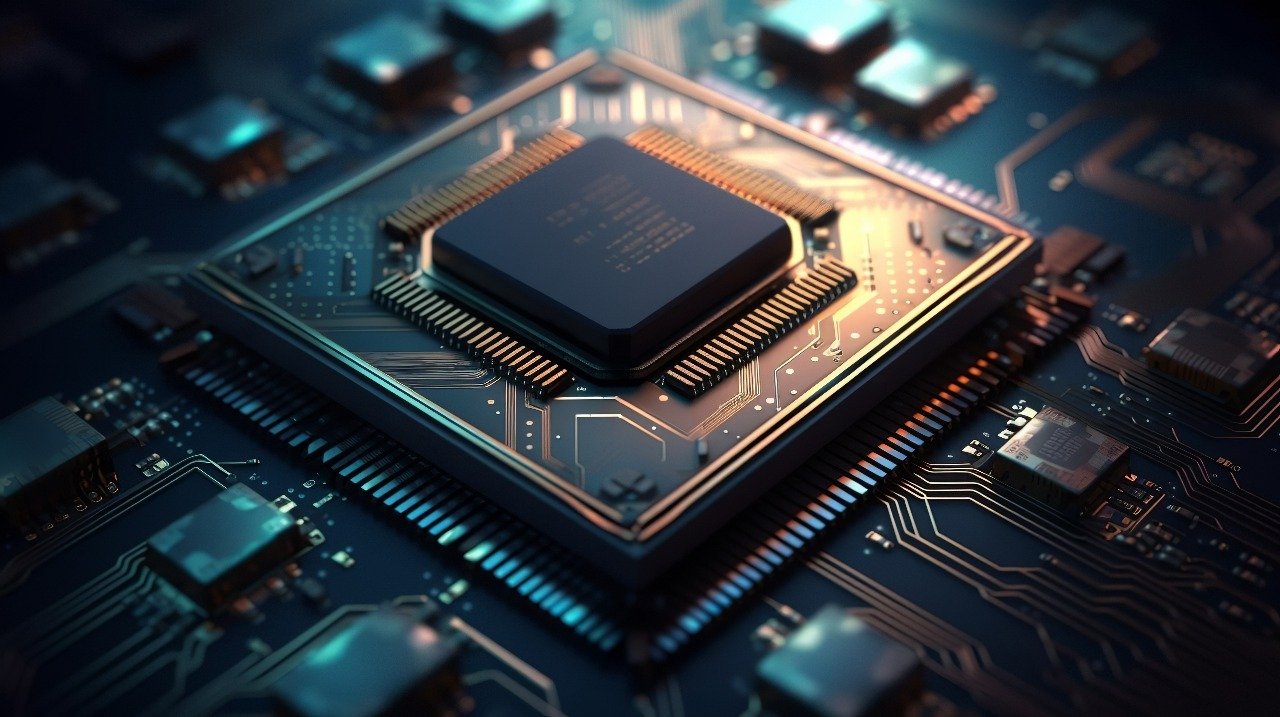What is Factory Automation?
Factory automation refers to the use of technology, robotics, and artificial intelligence (AI) to perform manufacturing processes with minimal human intervention. It enhances efficiency, reduces costs, and improves production quality, making industries more competitive and resilient.
Key Benefits of Factory Automation
Increased Productivity – Automated systems operate 24/7, significantly boosting output.
Cost Savings – Reduces labor costs and minimizes errors in production.
Enhanced Quality Control – AI-driven inspections ensure precision and consistency.
Improved Worker Safety – Robotics handle dangerous tasks, reducing workplace injuries.
Scalability & Flexibility – Easily adjust production lines to meet changing demands.
Data-Driven Decision Making – IoT-enabled devices provide real-time insights for better efficiency.
Applications of Factory Automation
🤖 Robotics & AI – Autonomous robots handle assembly, welding, and packaging processes.
🔗 Industrial IoT (IIoT) – Smart sensors track machine performance and optimize workflows.
⚙️ CNC Machining & 3D Printing – Automates precision manufacturing for custom parts.
🖥️ Automated Quality Control – AI-powered vision systems detect defects in real time.
🚚 Supply Chain Automation – Streamlines logistics with automated warehousing and inventory management.
💡 Smart Energy Management – AI optimizes energy usage, reducing operational costs.
How Factory Automation Works
System Integration – Connecting machines, sensors, and AI-driven software for seamless operations.
Robotics Deployment – Implementing robotic arms, AGVs, and cobots to automate tasks.
AI & Machine Learning – Enhancing predictive maintenance and real-time process optimization.
IoT & Data Analytics – Collecting and analyzing data for efficiency improvements.
Human-Machine Collaboration – Using automation to assist workers, not replace them, for maximum productivity.
The Future of Factory Automation
With advancements in AI, 5G connectivity, and machine learning, the future of factory automation looks promising. Smart factories will leverage fully autonomous systems, predictive analytics, and digital twins to optimize every aspect of production.
Ready to Automate Your Factory?
Factory automation is no longer a luxury—it’s a necessity for businesses aiming to stay competitive. Whether you’re in automotive, electronics, or food production, automation can transform your operations and drive growth.

